As the calendar year comes to a close, we want to take a moment to look back on some of the exciting news, research, programs and people we wrote about in 2016. We’re taking the wrap off our list of the top 10 stories that resonated with you—our audience—most.
1. Coffee course served up lessons in global health, climate change and social justice
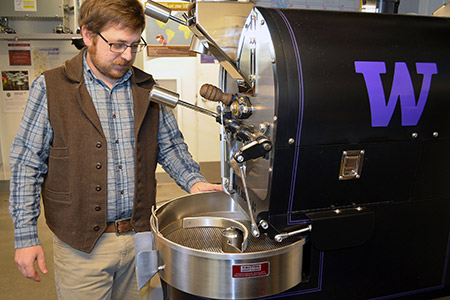
Anne-Marie Gloster, a lecturer in the School’s Department of Epidemiology and Nutritional Sciences Program, and Joseph Maurey, a master roaster and manager for UW’s Husky Grind, teamed up to teach more than 200 students about coffee. “This class made me think even deeper about the environmental and social impact of my coffee consumption,” said one student.
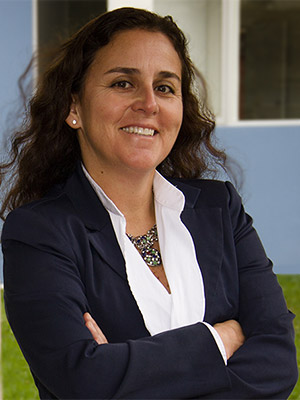
2. An alumna was named Peru’s health minister
Alumna Patricia García (MPH 1998, Epidemiology), an affiliate professor in the School’s Department of Global Health and dean of the School of Public Health at Cayetano Heredia University, was named minister of health for Peru. She was appointed by newly elected President Pedro Pablo Kuczynski and was sworn in on July 28.
3. Professor Joel Kaufman named interim dean
A long-time faculty member and researcher at the School, Joel Kaufman is an internationally recognized expert in the relationship between environmental factors and cardiovascular disease. Kaufman was named interim dean of the School of Public Health, succeeding Howard Frumkin, who stepped down Sept. 23 after six years as dean.
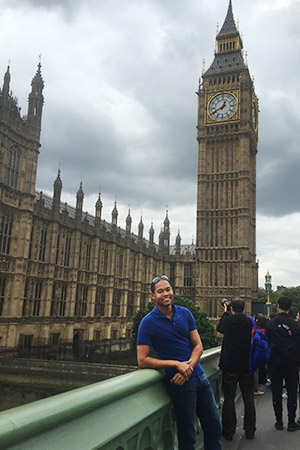
4. Students in a summer seminar had hard conversations about race and disparity in London
Students attended a four-week exploration seminar called Dark Empire: Race, Health and Society in Britain, which examines the presence and well-being of minorities in Britain, who now make up 14 percent of the country’s 64 million residents. The seminar is offered every summer.
5. Received nearly $5 million from NIH to research environmental influences on child health

The School was awarded more than $4.7 million by the National Institutes of Health to investigate how the environment influences neurodevelopment and asthma risk in children. The grant is part of $157 million in national awards for a multitude of projects under a seven-year initiative called Environmental Influences on Child Health Outcomes, or ECHO.
6. Two new endowed appointments were announced
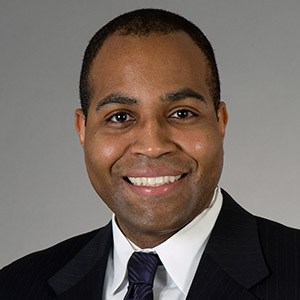
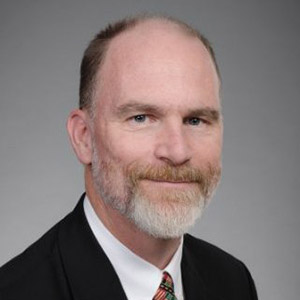
Patrick Heagerty, chair and professor of biostatistics, was named the School’s first Gilbert S. Omenn Endowed Chair in Biostatistics. Timothy Thornton, associate professor of biostatistics, is the first Robert W. Day Professor in Public Health. Both endowments were created through the generosity of former Dean Gilbert S. Omenn and his wife, Martha A. Darling.
7. Students, faculty and staff called for prison divestment
The School issued a statement calling for the UW to disengage from the prison industry, citing mass incarceration as a public health and moral crisis. The action came after an active group of students, staff and faculty had raised the issue.
8. Former Dean Howard Frumkin shared his top 10 books for summer
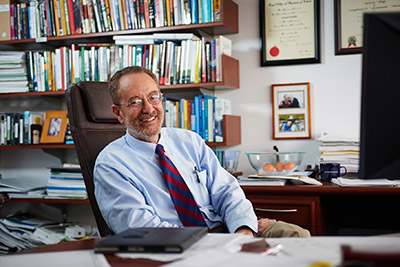
2016 was a great year for reading fiction, Frumkin said, as many of his favorite writers had new books out. Of note was Geraldine Brooks’ “beautifully imagined and written recreation of the life of the Biblical King David” in The Secret Chord, and the Pulitzer Prize winner in fiction, The Sympathizer.
9. Hot jobs in health informatics led to a more diverse student body
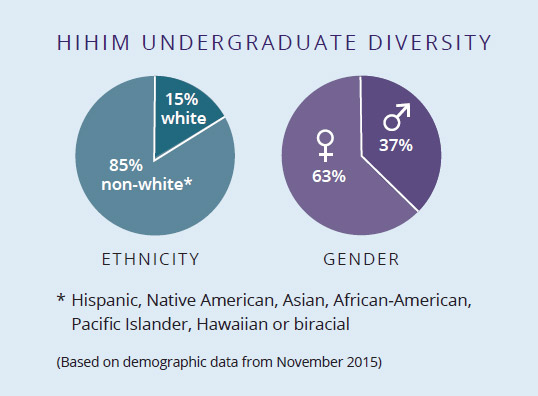
As the health care industry transforms and becomes more dependent on information technology, we'll see rising demand for professionals in the field of health informatics and health information management (HIHIM). The School's HIHIM program has attracted a diverse student population thanks to the strong job outlook.
10. New summer program will prepare underrepresented students for careers in the health sciences

The School partnered with the UW’s School of Medicine and School of Dentistry to oversee an academic summer program that will prepare underrepresented and minority students for careers in the health sciences. The six-week Summer Health Profession Education Program was funded by a $355,000 grant from the Robert Wood Johnson Foundation.
Honorable Mentions:
New EPA grant is helping to develop low-cost sensors for wood smoke in rural Washington Read Story
2016-17 Magnuson Scholar was announced; seeks to prevent diseases at earliest possible time Read Story
Researchers studied barriers and opportunities for Seattle food waste Read Story
